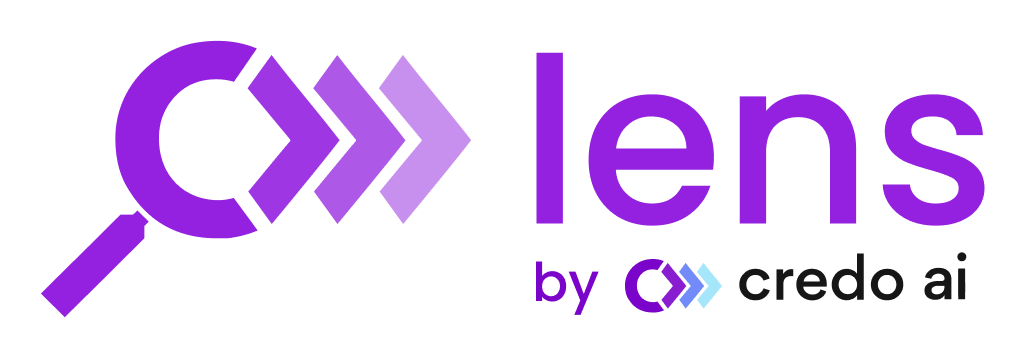Lens by Credo AI - Responsible AI Assessment Framework
Lens is a comprehensive assessment framework for AI systems. Lens standardizes model and data assessment, and acts as a central gateway to assessments created in the open source community. In short, Lens connects arbitrary AI models and datasets with Responsible AI tools throughout the ecosystem.
Lens can be run in a notebook, a CI/CD pipeline, or anywhere else you do your ML analytics. It is extensible, and easily customized to your organizations assessments if they are not supported by default.
Though it can be used alone, Lens shows its full value when connected to your organization's Credo AI Platform. Credo AI is an end-to-end AI Governance platform that supports multi-stakeholder alignment, AI assessment (via Lens) and AI risk assesssment.
Dependencies
- Credo AI Lens supports Python 3.7+
- Sphinx (optional for local docs site)
Installation
The latest stable release (and required dependencies) can be installed from PyPI. Note this installation only includes dependencies needed for a small set of modules
pip install credoai
To include additional dependencies needed for some modules and demos, use the following installation command:
pip install credoai[extras]
Getting Started
To get started, we suggest running the quickstart demo: demos/quickstart.ipynb. For a more detailed example, see demos/binaryclassification.ipynb
Documentation
To build the documentation locally, run make html from the /docs directory and the docs site will build to: docs/_build/html/index.html, which can be opened in the browser.
Make sure you have Sphinx installed if you are building the docs site locally.
Configuration
To connect to Credo AI's Governance Platform, enter your connection info in ~/.credoconfig (in the root directory) using the below format.
TENANT={tenant name} # Example: credoai
CREDO_URL=<your credo url> # Example: https://api.credo.ai
API_KEY=<your api key> # Example: JSMmd26...





